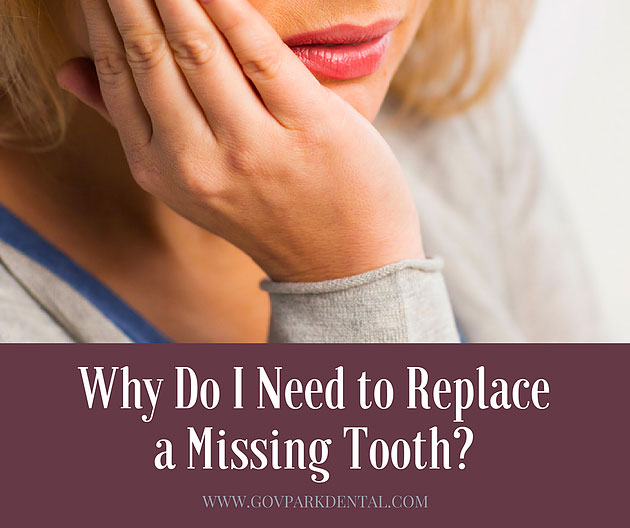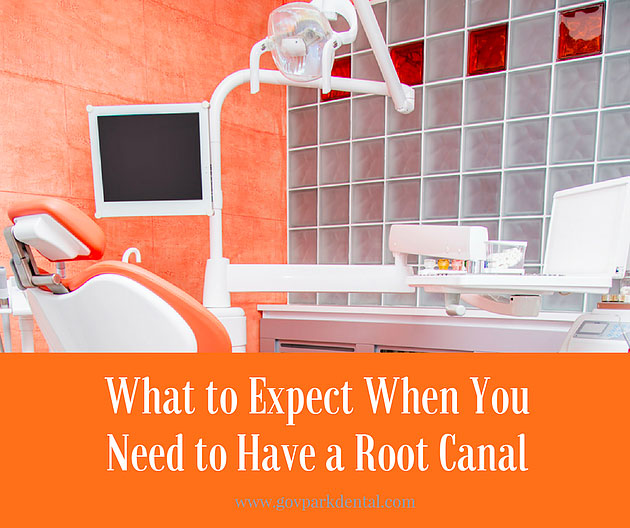Tooth loss isn’t a rare occurrence, it’s actually very common. According to American College of Prosthodontics, over 178 million people in the United States are missing teeth. There are a number of reasons for tooth loss, including (but not limited to) cancer, gum disease, wear (from grinding), or trauma. Sometimes teeth must be extracted because of decay or damage, and sometimes they fall out, or are knocked out, unexpectedly. If you’ve lost a tooth, you may be wondering if it needs to be replaced. What will happen if you don’t replace the missing tooth?
To begin with, having a missing tooth may make you feel less attractive and less confident. Even if the gap is difficult for others to see, you will know it’s there and will likely feel self-conscious about it. You will probably not flash a smile very often, which can prevent you from receiving all of the benefits of a confident, glowing grin. For example, smiling releases dopamine and serotonin, which both promote feelings of relaxation and wellbeing. It also releases endorphins, which can help reduce feelings of pain or stress in the body.
Smiling also has a profound psychological effect on those around you. When you share an authentic smile, it has the wonderful ability to make others perceive you with more capability and trustworthiness. It’s been demonstrated that smiling can increase success at work and in social settings. Constantly hiding your smile because you are self-conscious about it can have the opposite effect.
In addition, having a missing tooth can cause a number of health issues to arise. The first is a process called bone resorption, which essentially means that the jawbone around the missing tooth can begin to deteriorate over time. As matthewwimmerdmd.com explains, “Osteoclasts break down the tissue in your bones which releases the mineral and transfers the calcium from the bone tissue to the blood. This happens when a tooth is missing because the tooth’s natural roots are no longer in the jawbone. This is a real problem for the teeth around the open space because it can lead to increased risk of decay and even the development of gum disease.
Leaving a gap where a tooth is missing can change your face overtime, giving it a sunken or misshapen look. It can also change your bite alignment, making it difficult to eat certain foods. This misalignment can also cause pain in the jaw and neck or chronic headaches. It can even change the way you speak, making it difficult for others to understand you. In other words, not replacing a missing tooth can spell trouble in more ways than one. It’s simply not worth it to avoid replacement. If you’ve lost a tooth, you should consult with your dentist as soon as possible to discuss your options for replacing it. You’ll be glad you did!
To learn more, visit Dr. Brewick at https://www.govparkdental.com/
Dr. Brewick and his fantastic dental team serves patients in the Governor’s Park neighborhood
of Denver, Colorado.




